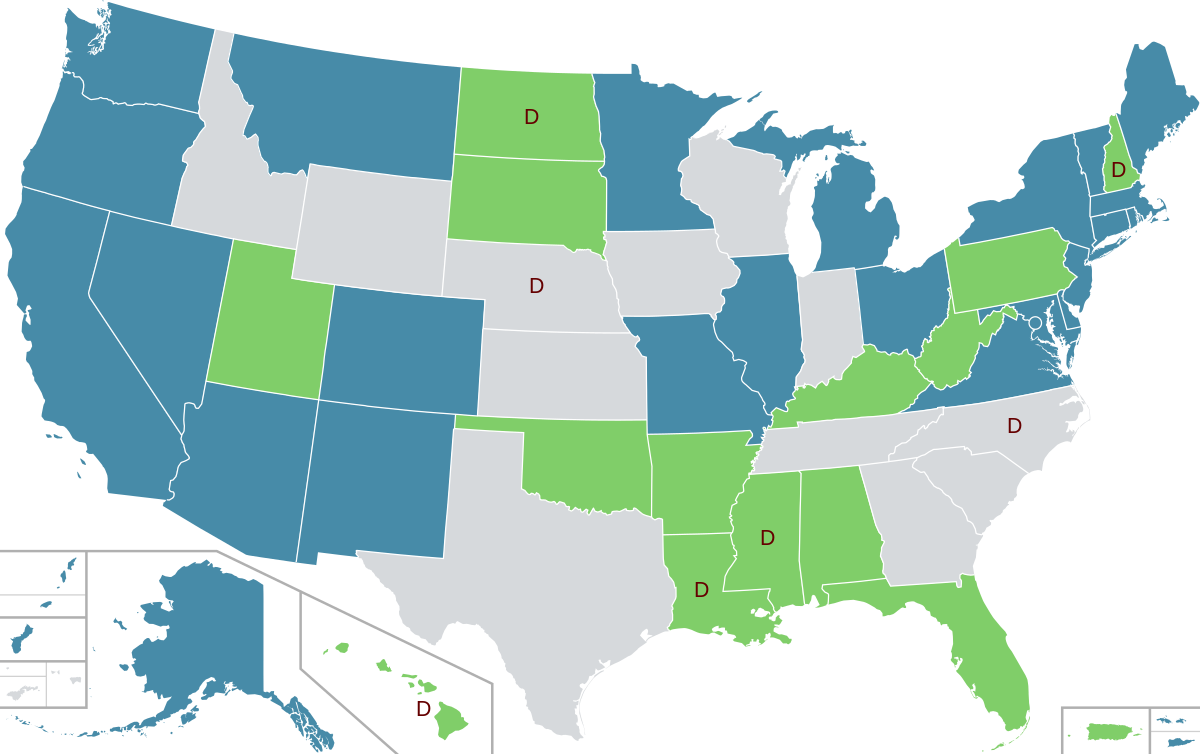| Introduction: A Turning Point for Cannabis in the USA | Weed legalization in the U.S. is not just a trend, but a cultural shift. For decades, cannabis was criminalized, stigmatized, and even demonized. Fast forward to today, and the idea of legalizing weed has gained significant ground, driven by changing public opinion and the pursuit of economic benefits. But what does it really mean for the U.S. moving forward? |
| The Current Status of Weed Legalization | While the road to full legalization is still a work in progress, the U.S. has seen some major developments over the past few years. As of now, marijuana is legal for recreational use in over 20 states, with many others decriminalizing possession and allowing medicinal use. The question is: how much further will this go, and which states are leading the way? |
| States Where Weed Is Legal | Over 20 states have legalized marijuana for recreational use, including major states like California, Colorado, and New York. These states have embraced cannabis not only for its recreational appeal but for the massive tax revenue it generates. For example, California’s cannabis market reached over $5 billion in sales in 2023 alone! |
| States Where Weed Is Still Illegal | Despite growing support, there are still several states where marijuana is illegal for recreational use. States like Idaho, Wyoming, and Kansas are holding firm, with cannabis still classified as a controlled substance. This divide creates a patchwork of laws that leaves consumers and businesses navigating a complex legal maze. |
| The Economic Impact of Weed Legalization | Legalizing weed brings a host of economic benefits, not the least of which is job creation. With marijuana becoming a multi-billion-dollar industry, thousands of jobs have been created in cultivation, retail, distribution, and even ancillary businesses like marketing and logistics. But that’s not all—legalization also contributes substantial tax revenue to state budgets. |
| Job Creation and Tax Revenue | In states where weed is legal, tax revenue from cannabis sales is being used to fund schools, healthcare, and infrastructure. For example, Colorado generates more than $300 million a year from marijuana taxes, which has allowed the state to invest in education and public health. The job market is booming too, with thousands of positions in growing, distribution, and retail. |
| Effects on the Black Market | The rise of legal cannabis has also begun to chip away at the black market. Legal dispensaries are able to offer safer, regulated products, and consumers are increasingly choosing to buy from legitimate sources. However, the black market remains active in states where cannabis is still illegal, and in some places, it even thrives despite legalization efforts. |
| The Social and Legal Implications | While the economic benefits are evident, the social and legal implications of oktoday.us are equally significant. The shift toward legalization is reshaping how we view cannabis, from a dangerous substance to a regulated product. But with this change comes both challenges and opportunities. |
| Impact on Incarceration Rates | One of the biggest social changes tied to weed legalization is its potential to reduce incarceration rates. The criminalization of marijuana disproportionately affects communities of color, with millions arrested for possession over the years. Legalization has already led to the expungement of many marijuana-related convictions, allowing people to rebuild their lives. |
| Health and Safety Concerns | As marijuana use becomes more widespread, health and safety concerns naturally arise. Is cannabis really as safe as proponents claim, or are there hidden risks that need to be addressed? The debate continues, especially when it comes to public health and safety. |
| The Debate on Public Health | Public health experts have raised concerns about the long-term effects of marijuana use, especially among young people. While marijuana is often touted as a safer alternative to alcohol, it’s still a psychoactive drug that can impair judgment and lead to mental health issues. More research is needed to understand the full impact of cannabis on public health. |
| Cannabis Use and Driving | A major concern surrounding weed legalization is its effect on road safety. Driving under the influence of marijuana can impair motor skills and reaction times. As weed use becomes more common, states are grappling with how to enforce impaired driving laws without discrimination or bias. |
| The Political Landscape of Weed Legalization | Weed legalization is not just a matter of public opinion—it’s deeply intertwined with political forces. Both state and federal politicians have their say, and opinions on marijuana vary widely across party lines. So, what’s driving the political debate, and where do we stand today? |
| Support and Opposition Across Political Parties | On one hand, Democrats have largely supported weed legalization as part of their broader criminal justice reform agenda. On the other hand, Republicans have been more hesitant, with some viewing it as a potential threat to public health. This divide plays out not just in Congress, but in state legislatures as well. |
| Federal Government’s Stance | While more states are legalizing cannabis, the federal government remains a barrier. Marijuana is still classified as a Schedule I controlled substance, which means that it’s considered as dangerous as heroin in the eyes of the federal government. This creates legal confusion and prevents marijuana businesses from accessing things like banking services and interstate trade. |
| Future Trends: What’s Next for Weed Legalization in the USA? | The future of weed legalization in the U.S. is looking promising, but there are many hurdles to overcome. With growing public support and state-level success stories, the momentum for federal legalization is building. What will the next decade bring for the cannabis industry? |
| Upcoming Legislation | As of now, several bills are being discussed in Congress that could pave the way for federal legalization. The SAFE Banking Act, for example, would allow marijuana businesses to access financial services, while the MORE Act could decriminalize marijuana at the federal level. If passed, these laws could dramatically change the landscape of cannabis in the U.S. |
| Public Opinion and its Influence | Public opinion is one of the most significant drivers of marijuana policy changes. With more Americans supporting legalization, especially among younger generations, politicians are taking note. As public opinion shifts, so too will the political landscape, pushing more states to adopt legalization measures. |
| Conclusion: The Road Ahead for Weed Legalization in the USA | Weed legalization in the USA has come a long way, but there’s still much to be done. As more states legalize cannabis, the economic, social, and political ramifications will continue to unfold. The future looks bright, but it will require collaboration, regulation, and a thoughtful approach to ensure that the cannabis industry flourishes responsibly. |





_3-6.jpg)




